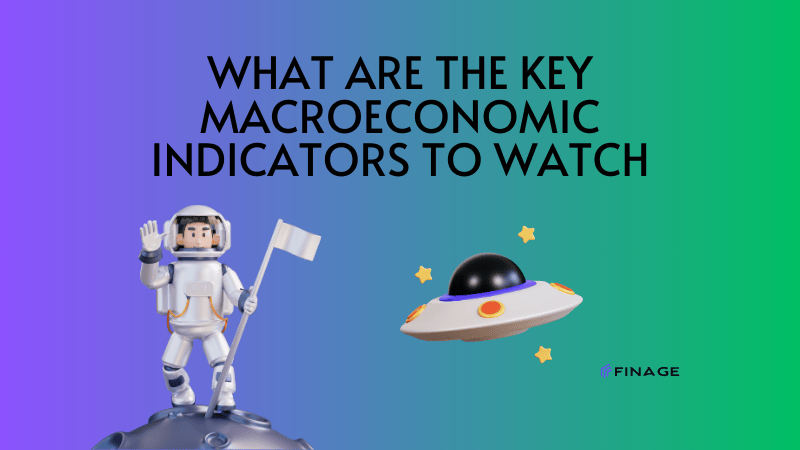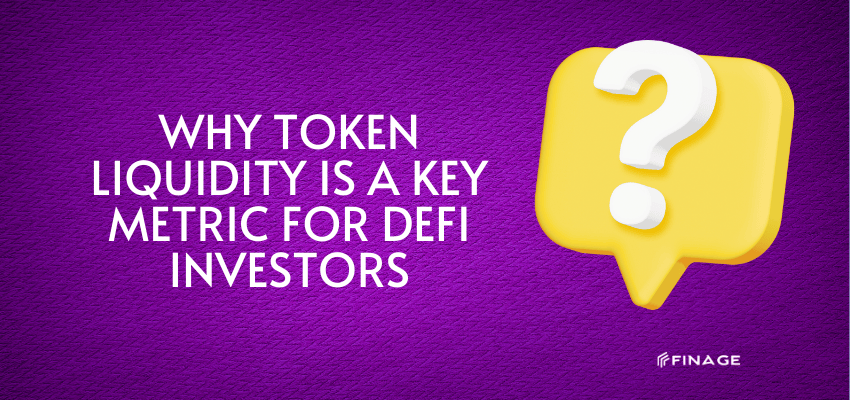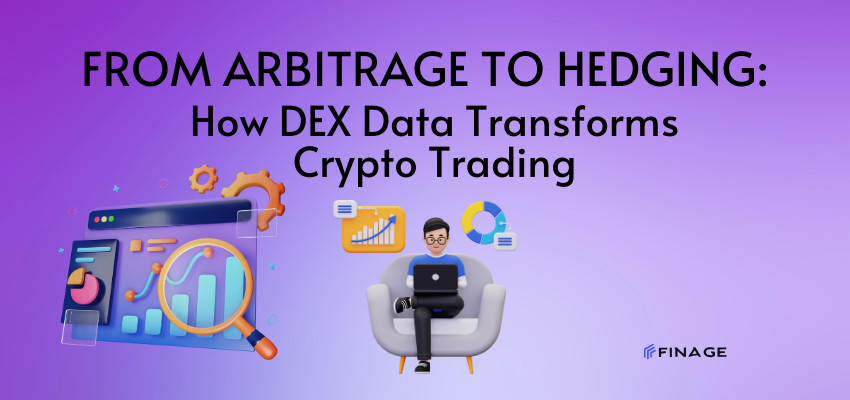Back to Blog
by Finage at December 6, 2021 • 4 MIN READ
Technical Guides

Data is the New Currency, How Can We Use it in Our Favor?
How much the value of data has increased recently and the reasons behind it being considered a new currency are in our article.
Data is now considered one of the most important commodities. The explosion of consumer data has made it easier for companies and brands to build one-on-one relationships by providing end consumers with tailored experiences and recommendations. Now, these savvy consumers have come to expect this type of personalized interaction from consumer-facing companies.
The internet, one of the most transformative innovations of the modern age, has been the catalyst for this. Consumers use connectivity for purposes such as entertainment, education, information, social sharing, and shopping. Especially with regard to shopping, the internet has put more power in the hands of consumers. Brands no longer control information about their products and services. Instead, savvy consumers enter business transactions armed with information about what they want and what they should expect to pay.
Some companies sitting on the other side of the table from the consumer also have more power in the transaction. Data has emerged as one of today's most important assets, while connectivity has empowered companies born in the modern era. Therefore, the most valuable companies are no longer like Standard Oil and Texaco, but like Apple and Alphabet, the biggest data suppliers. The ability to make sense of the data pile will be what separates the winners from the losers over the next decade, with companies like Apple and Alphabet playing the lead.
Importance of Data
Data was transforming business long before the first Bitcoin currency was issued or a chip was installed in a dishwasher or television. By then, data had spent years making itself a critical part of the business environment. This trend has continued in the twenty years of the 21st century, to the point where 50% of the top 10 companies are data-driven organizations.
Jane Barratt of MX Technologies points out that the top 10 companies in 2009 were primarily manufacturers of products and services. Just ten short years later, data geeks like Google, Facebook, and Tencent dominated the top 10 list in 2019. Barratt explains that the "data world as currency" is still in its infancy, but there is no doubt about the growing importance of data. Nowhere is this more true than those who collect, combine and analyze this data.
While data is the new currency, many companies have yet to take advantage of this fact. This is not always easily seen. As a result, many organizations are becoming capable of collecting large amounts of data. Companies of all sizes have failed to capitalize on the endless data-driven value they have.
While technology is making this information available in increasing levels of detail, most companies continue to do little more than just scratch the surface. They use certain aspects of a dataset and often leave a lot of facts, insights, and other details untouched. In many ways, it's like Laszlo Hanyecz buying an iconic pizza with 10,000 bitcoins at a time when the cryptocurrency was in its infancy and seemed worthless. Still, modern businesses must be prepared to harness the power of new applications in data operations and data analytics.
Developing Data Strategy and Observability
It's not surprising that companies have no trouble collecting data at this point. Modern software and data analysis tools make it easy to effortlessly capture incredible amounts of data. This may apply to shopping habits, internet activities, and a large amount of personal data dispersed on the internet. It can happen on a mobile device, a laptop, a desktop, or even an IoT device.
Once companies are caught, they often have to decide what to do with seemingly random, unconnected information. Usually, this is where they hit a wall and leave data stored in a program where it gathers metaphorical dust on a local system or cloud-based storage software on the interweb. There is nothing wrong with storing data that is not currently needed. However, if you leave it unstructured and unused, over time the data becomes irrelevant and can even become a liability.
Currency of the Future
Becoming a data-driven company doesn't happen overnight. It is not a process that can happen on its own. It takes a serious commitment of time, energy, resources, and focus. Both employers and employees should share this goal. Senior managers, middle management, and staff should be shown why data alone is important, regardless of what is currently affecting it.
You must also be willing to maintain this positive data-position over time. Develop an accepted, growth-driven corporate culture that maintains an understanding of the inherent value of data. Integrate the latest data technology. Update data strategies to keep up with your organization's current needs. If your company does this, you may have the ability to truly harness the power of data as the currency of the future.
We hope that this blog post will be beneficial for you. We will continue to create useful works in order to get inspired by everyone. We are sure that we will achieve splendid things altogether. Keep on following Finage for the best and more.
You can get your Real-Time and Historical Data with Finage free Data API key.
Build with us today!
Featured Posts

Gamifying Finance: Fantasy Trading and Web3
December 17, 2024

What Are the Key Macroeconomic Indicators to Watch?
December 16, 2024

What Is an Initial Public Offering (IPO) & Its Trends?
December 15, 2024

Why Token Liquidity is a Key Metric for DeFi Investors
December 14, 2024

From Arbitrage to Hedging: How DEX Data Transforms Crypto Trading
December 13, 2024
Tags
Importance of Data
Developing Data Strategy and Observability
Currency of the Future
Real-Time Data
Historical Data
Market Data Feeds APIS
Join Us
You can test all data feeds today!
Start Free Trial

If you need more information about data feeds, feel free to ask our team.
Request Consultation
Back to Blog
Please note that all data provided under Finage and on this website, including the prices displayed on the ticker and charts pages, are not necessarily real-time or accurate. They are strictly intended for informational purposes and should not be relied upon for investing or trading decisions. Redistribution of the information displayed on or provided by Finage is strictly prohibited. Please be aware that the data types offered are not sourced directly or indirectly from any exchanges, but rather from over-the-counter, peer-to-peer, and market makers. Therefore, the prices may not be accurate and could differ from the actual market prices. We want to emphasize that we are not liable for any trading or investing losses that you may incur. By using the data, charts, or any related information, you accept all responsibility for any risks involved. Finage will not accept any liability for losses or damages arising from the use of our data or related services. By accessing our website or using our services, all users/visitors are deemed to have accepted these conditions.